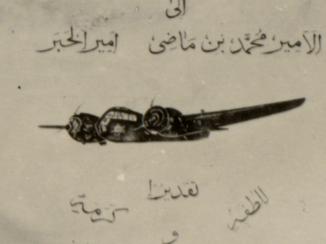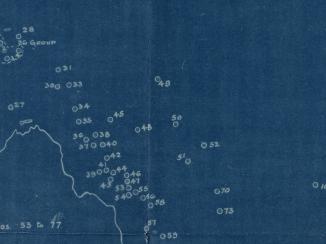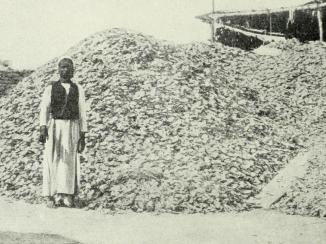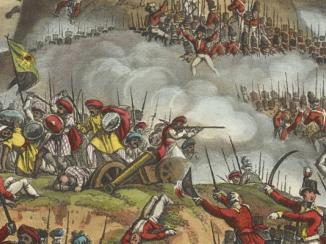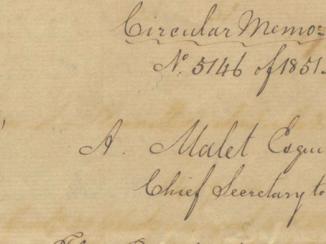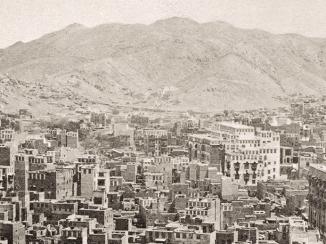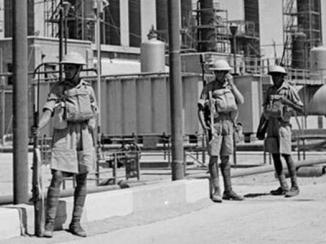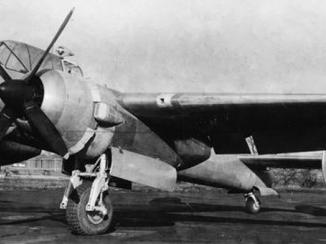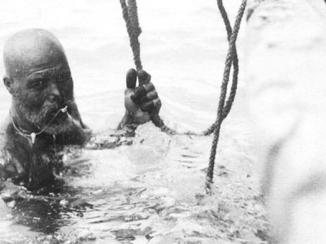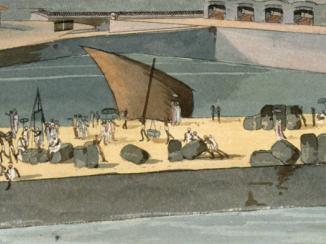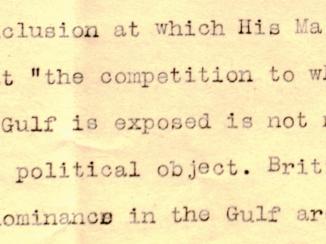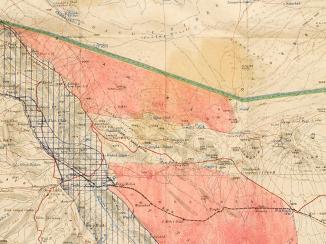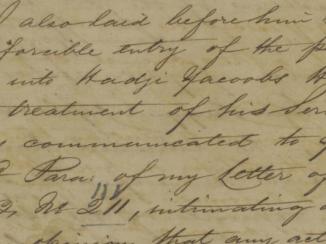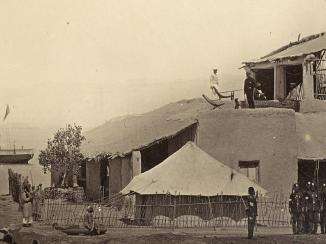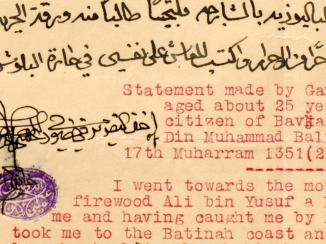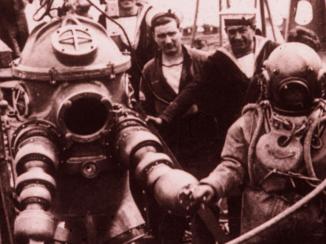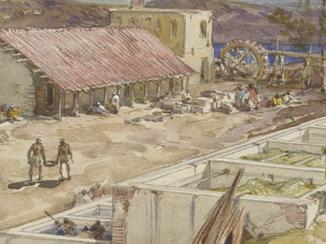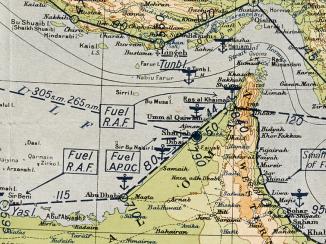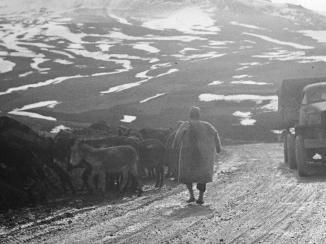Overview
In the spring of 1932, on the eve of the consolidation of his Arabian territories into the Kingdom of Saudi Arabia, King Abd al-Aziz Al Saud, better known as Ibn Saud, dispatched his son Prince Faisal, along with one of his most trusted officials, Fuad Bey Hamza, on a diplomatic tour of Europe and the Middle East.
Ibn Saud’s main concern was to gain international recognition for his kingdom, which he had spent over twenty years expanding and consolidating. His second intention was to seek financial aid from Britain in order to, amongst other things, fund the search for oil deposits in his dominions.
From Fascist Rallies in Rome to an Arab Stud Farm in Surrey
The four-month long trip took Emir Faisal to Naples, Rome, Turin, Geneva, Paris, London, The Hague, Moscow, Warsaw, Odessa, Constantinople (Istanbul), Angora (Ankara), Tehran, Baghdad, Basra, and Kuwait. Along the way Faisal held high-level talks with government officials and exchanged pleasantries and presents with heads of state.
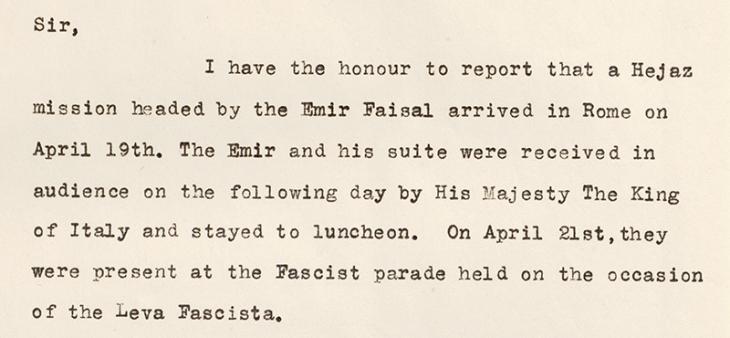
Confidential papers from the India Office The department of the British Government to which the Government of India reported between 1858 and 1947. The successor to the Court of Directors. Records offer an insight into the sights and spectacles that the Prince witnessed on his trip: a fascist rally in Rome, the Fiat motor works in Turin, military exercises in Paris, an Arab horse stud farm near Dorking in Surrey, a trip in an aeroplane at RAF Hendon in Middlesex and – an unplanned addition to the original itinerary – the funeral of the late French President Paul Doumer, whom the Emir had met just days before his death.
Gaining Recognition
While Prince Faisal flew over the skies of London and visited military camps in Moscow, Fuad Bey Hamza was charged with discussing the finer diplomatic points in a succession of meetings held with government officials in each country on the tour. Hamza’s main task was to gain formal recognition of Ibn Saud’s Kingdom of Hejaz-Nejd (the precursor to the Kingdom of Saudi Arabia) on the international stage.
In Britain – already an important ally of the Saudi kingdom – the primary focus of the diplomatic talks was Ibn Saud’s formal request for financial aid from the British Government for use in the economic development of his kingdom, including funding the exploration for oil deposits.
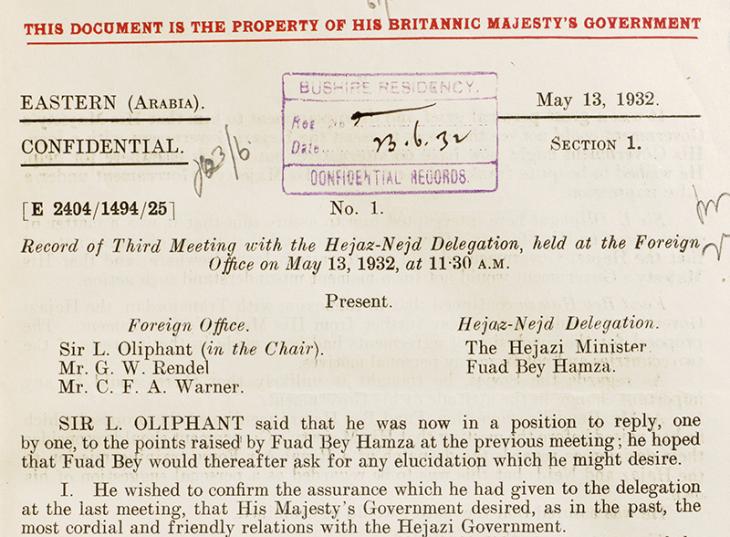
British Reluctant to ‘Sink Capital’ into a Little-Known Country
Official minutes from meetings held between British and Saudi officials document Britain’s rejection of financial assistance in oil exploration. Fuad declared that he had with him a report assessing the mineral resources of the Hejaz and Al-Hasa, prepared by the American mining engineer Karl Twitchell. He insisted, however, that he would prefer to deal with the British, and would welcome the assistance of British oil companies in his country.
This invitation was turned down by the senior British official at the talks, Sir Lancelot Oliphant, who declared the present time ‘most unpropitious for any financial ventures’. Oliphant elaborated by stating that ‘British firms might hesitate to accept the report not drawn up by a British expert’ and doubted the readiness of British companies to ‘sink capital into a little-known country at the present time’.

Oliphant’s apparent disdain towards oil prospects in the Kingdom of Hejaz-Najd in May 1932 might well have dictated subsequent historic events. In May 1933, the American company Standard Oil of California (later ARAMCO) won the concession for oil exploration at Al-Hasa in Saudi Arabia, at the expense of the London-based Iraq Petroleum Company.
In 1938, Standard Oil of California struck oil at Al-Hasa, tapping into what would become the world’s largest deposit of crude oil. Irrespective of Ibn Saud’s thoughts on the success of his son’s 1932 diplomatic tour, for the British Government it was one visit that officials probably wanted to forget.


